Everyone has a different drug of choice. Some like to drown themselves in alcohol while others like to get high with good old weed. Humanity’s age-old fascination with intoxication has also led to a variety of new types of psychedelic chemicals being developed.
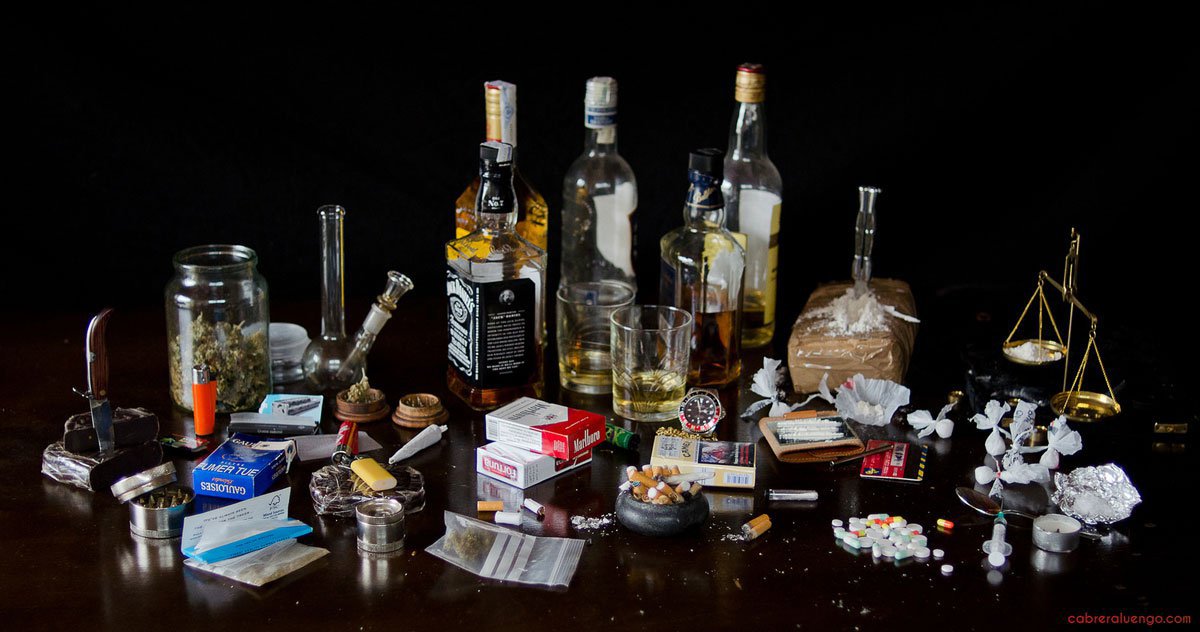
You no longer have to go to the hills to find the drug of your choice. Apparently eating a variety of fish, could have the same effects on your body as an LSD or Cocaine.
Meet Sarpa Salpa, an innocent looking orange-striped fish species commonly found in the the Atlantic coast west of Africa and the Mediterranean Sea.
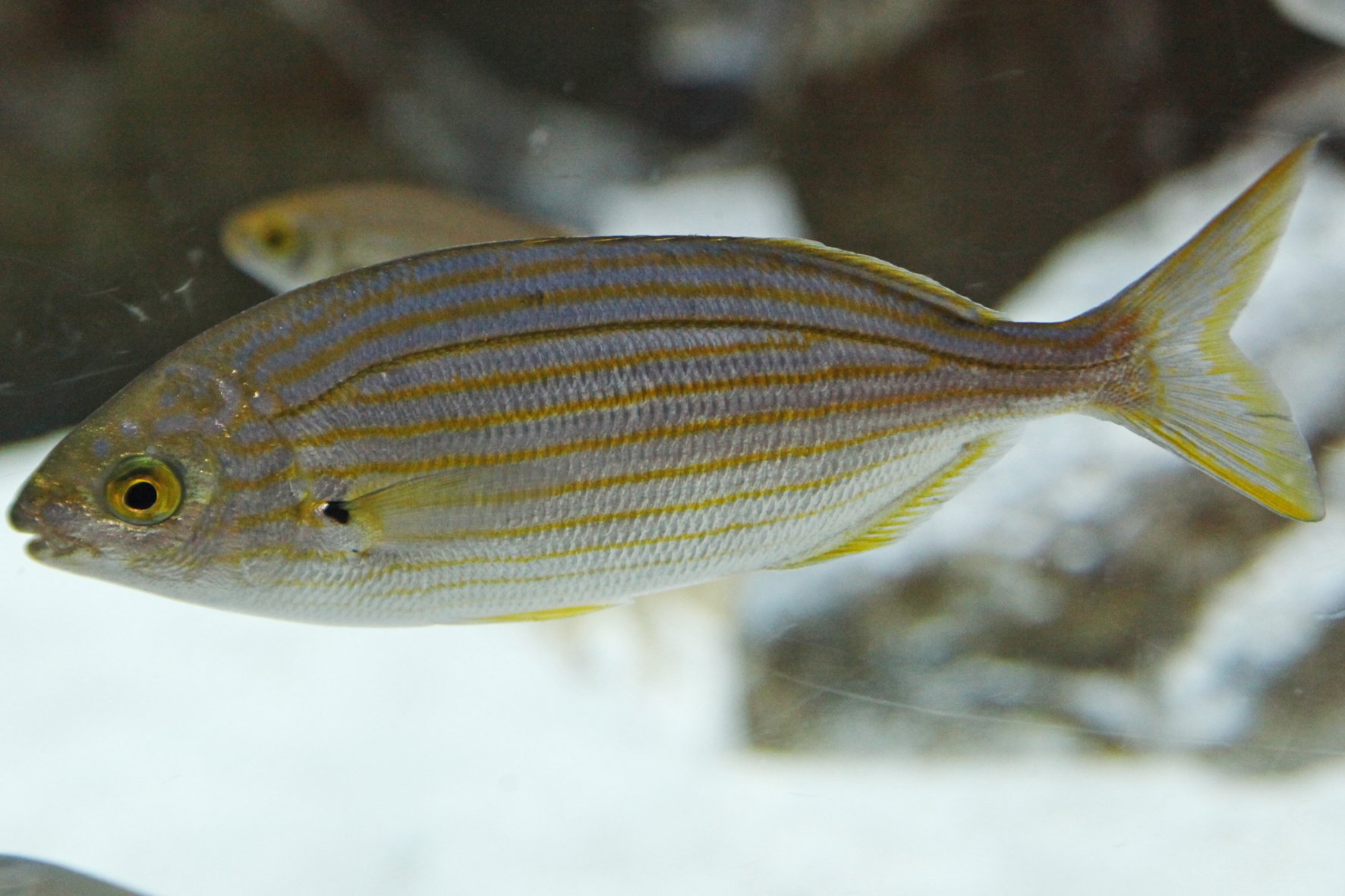
This fish may look totally harmless, but don’t let that deceive you. Because eating this tiny fish might give you nightmares for days or make you hallucinate and see things you have never seen before.
Yes, this innocent looking fish gets you trippy AF.
The name of the fish literally translates in Arabic to ‘the fish that makes dreams’, because that is exactly what it does. A 2006 report published in the journal Clinical Toxicology describes two cases of people having psychedelic experiences after eating the fish.
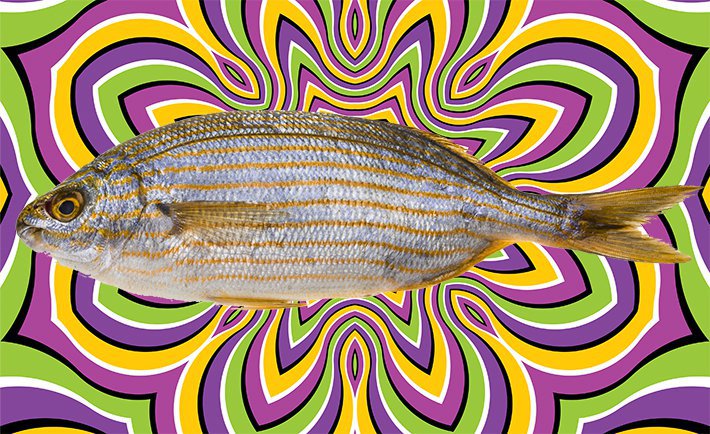
The first is an incident from 1994, when a man, enjoying his vacation in Cannes began feeling nauseated after having a baked meal of Sarpa Salpa. His Southern French vacation already ruined, he decided to head back home. While on his way back, he began seeing giant arthropods distracting him from the drive. He managed to take himself to a hospital, where he recovered fully about 36 hours later, only to forget everything that happened to him.
There’s something about this fish and the beautiful French Riviera. The other incident also took place there, at Saint-Tropez. A 90-year-old man, after eating the fish, started having scary hallucinations of screaming humans and squealing birds. Fearing that people might take it for a mental illness due to his age, he decided to tell no one. The effects of the fish wore down a couple of days later, after which the good old man contacted the poison control centre in Marseille about the same.
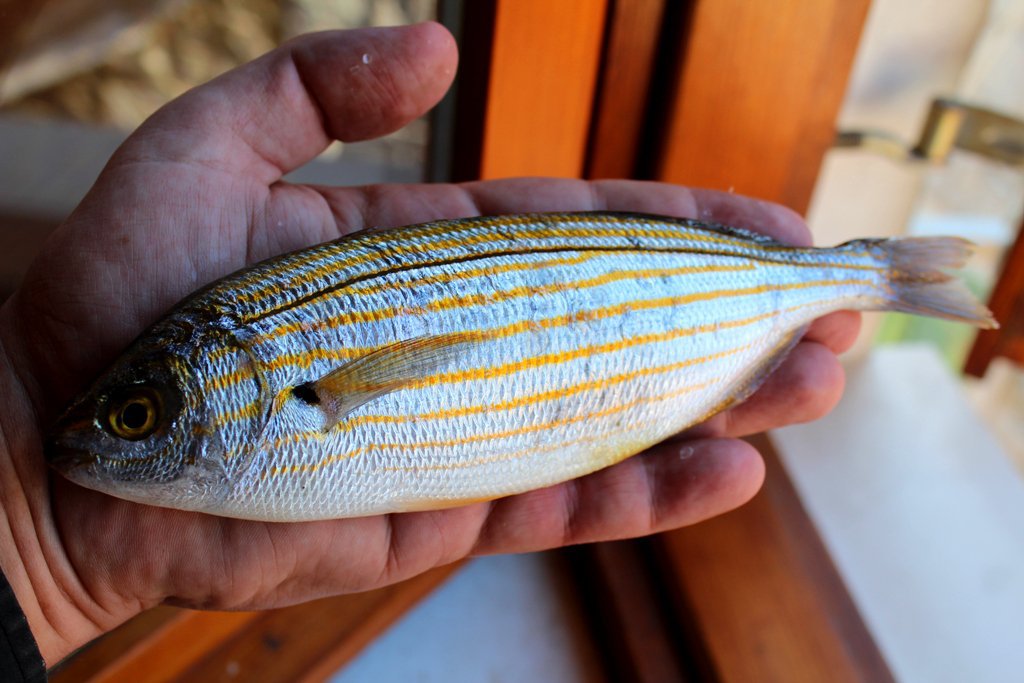
These hallucinations are an effect of a condition known as ichthyoallyeinotoxism, or hallucinogenic fish inebriation. Scientists are still trying to figure out why that happens but are pretty sure it happens due to the diet of the fish. According to a 2012 study, the phytoplankton that grows on seaweed the fish eat is directly linked to higher toxicity in the fish’s organs. Which toxic substance is that? It is still unclear. They could be alkaloids, compounds that occur naturally in phytoplankton that the fish eat. These alkaloids are chemically similar to LSD, which could be an explanation for the strange experiences.
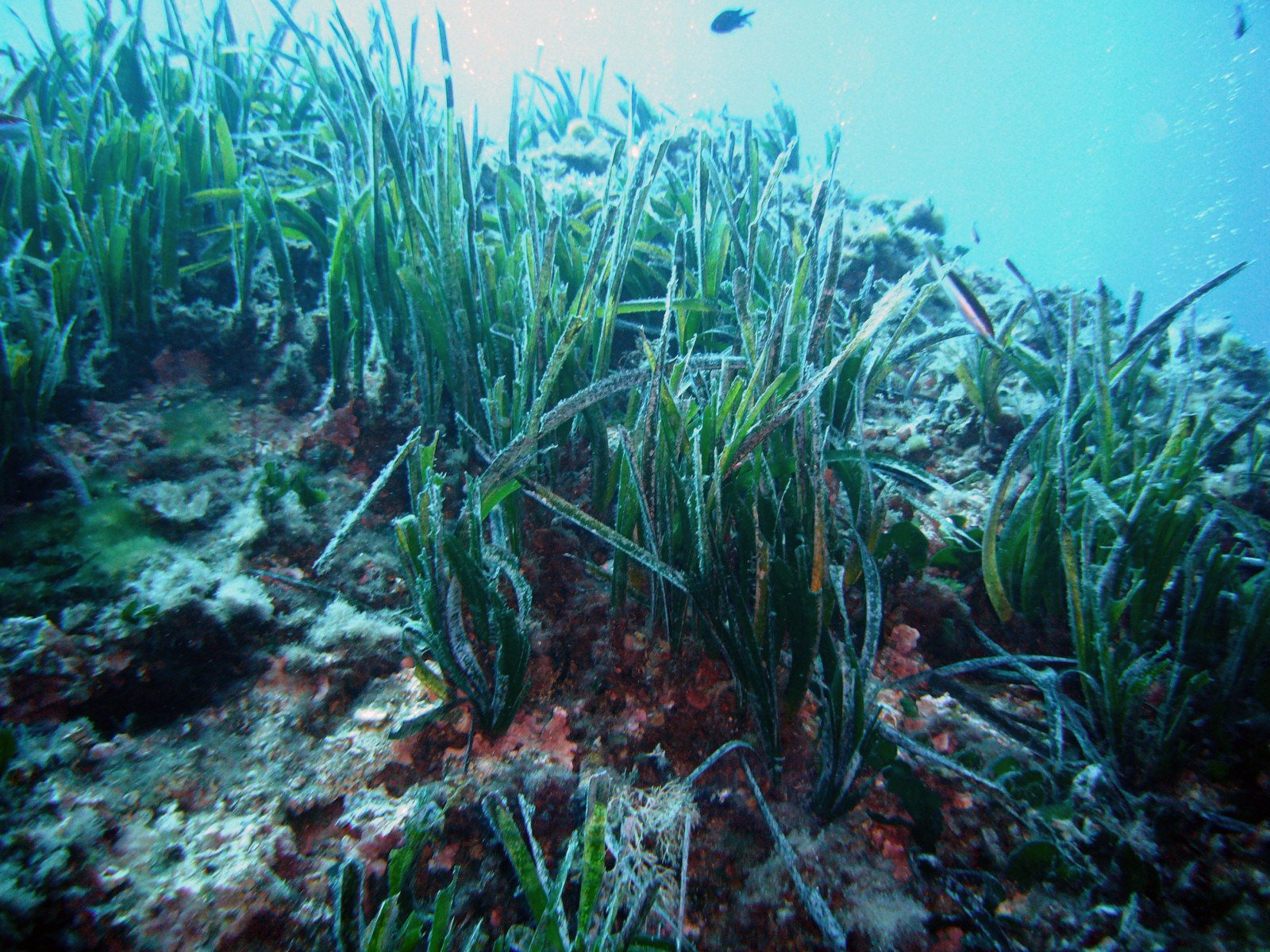
Also, there is still no scientific reason for why only some people are affected by the fish and not everyone. Apparently, some parts of the fish, like the head, are full of these trippy toxins, while other parts are relatively not as toxic. Also, the season the fish is caught might play a role. According to the 2012 study, the toxicity in the fish is highest in autumn. However, most cases reported in the 2006 report are from late spring and summer.
You really need a different kind of appetite for this one. Psychedelic fish, anyone?

















